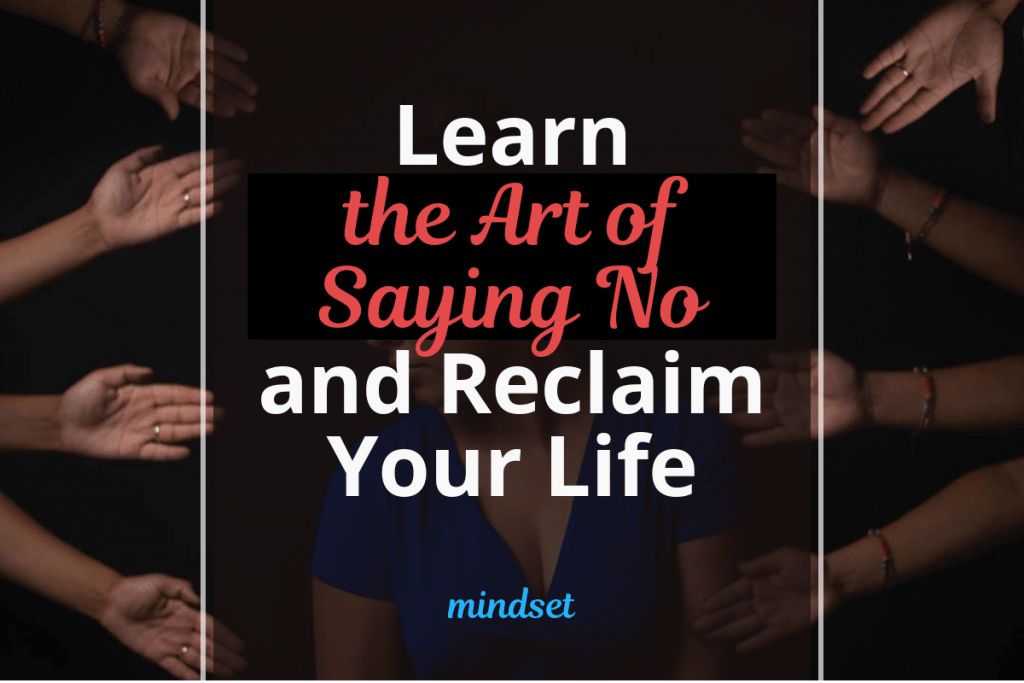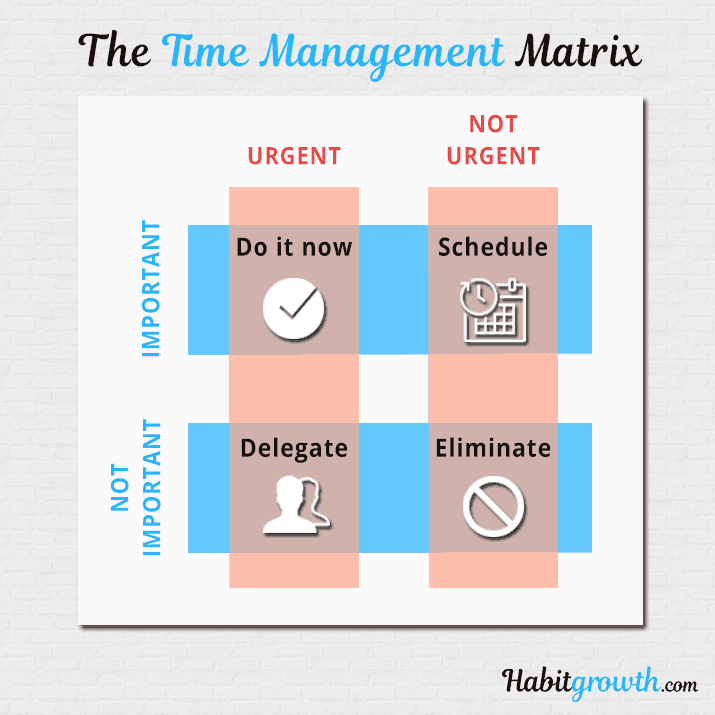🖊 This article was last updated on July 7, 2023
Do you constantly feel stressed and overworked? When was the last time you did something for yourself? If you can’t remember, it’s time to change that! Sure, you want to help others and do your best to keep everyone happy, but at what price? Nothing is worth sacrificing your health and mental well-being.
The small things you do every day for others can drain your energy. This may come up as a surprise, but it’s okay to cancel a commitment or change your mind. It’s okay to take a day off work and focus on yourself. It’s perfectly fine to not answer a call or decline an assignment that’s wasting your time.
Once you learn to say No, your life will change for the better.

Why It Doesn’t Pay to Be a People-Pleaser
At first glance, wanting to please people is an admirable trait. After all, we know that every act of kindness matters. This habit can help form and foster social relationships and makes us look good in the eyes of others. Plus, it allows us to avoid unnecessary arguments that may create an uncomfortable situation.
Imagine the following scenario. You have a ton of work to do and can barely find time to eat or sleep. The phone rings: it’s a friend who asks to watch her child for an hour or two because she must leave home.
That moment, your brain works at lightning speed as you’re trying to figure out how to get your work done and help your friend. Well, you could skimp on sleep and work until late at night. After all, it’s not like staying up until 4 am will kill you. So you say yes to your friend and no to yourself.

The next day, you’re feeling tired and worn out, but at least you got some things done. This story repeats the next week and the week after, and so on. Does it sound familiar?
Despite your best intentions, being a people pleaser doesn’t help. Your family, friends, or clients will always expect something extra from you. If you keep saying Yes, you’ll never find time for yourself and your personal projects.
Every time you say Yes to something, you say No to something else.
Or in other words:
Every time you say Yes to someone, you say No to yourself.
Trying to please others means you’re working on their priorities, with less time for you to work on your own.
Everyone starts out in life wanting to be loved and accepted. The concept of social conformity is unique to humans and integral in most social interactions. Children begin conforming to their peers from as early as two years old. As an adult, their desire to fit in only gets stronger.
The problem is that when you’re constantly trying to please others, you’re out of sync with your own needs and wants. As much as you would sometimes want to, you can not be in two places at the same time, or keep everyone happy. Plus, the more you try to help others, the less you will receive. People’s demands will increase, and you’ll end up having no time for what really matters.
What Fuels Our Desire to Please Others?
Many times, our desire to help others comes from insecurity and self-worth issues. Saying Yes makes us feel empowered and in control. Yet, what actually happens is the opposite.
Pleasing people isn’t the same as being kind. Surprisingly, it can be an act of selfishness. You’re not necessarily doing it because you want to. After all, why would you be eager to do extra work (often for free)? These tasks almost always fit into quadrants 3 and 4 of the time management matrix (where should spend as little time as we can). Furthermore, it’s a real possibility that what someone requests from you fits into their quadrant 3, which is why they might try to delegate the task to you…
You’re doing these things because it makes you feel better about yourself. Unfortunately, you’re only allowing others to take advantage of you.
In general, people pleasers are concerned about what others think and feel. They’re often afraid of being rejected or judged. Many times, they are stuck in relationships where they give more than they get, and end up neglecting their own needs. At the end of the day, they feel stressed, exhausted, and burned out.

The urge to please others is often an unconscious attempt to manipulate someone else’s perception of you. It’s a process of guessing what will make people think favorably of you, and then act accordingly.
In a social experiment, researchers have tried to determine the influence of peer pressure. Most subjects agreed with the majority about trivial things in an attempt to fit in.
It appears that certain brain areas, such as the anterior insula and medial prefrontal cortex, were more active in people pleasers. These areas regulate decision-making, cognitive dissonance, and other mental processes. Researchers have also discovered that psychological stress increased people’s susceptibility to peer pressure.
Even so, it’s in your power to embrace the art of saying no. You’re the only one responsible for your day-to-day decisions. Being a people pleaser leads nowhere. It steals your time and drains your energy, keeping you from getting things done.
Learn the Art of Saying No and Regain Your Freedom
Pleasing others isn’t always a bad thing. The key is to know your priorities and set boundaries when people ask for your help. There are ways to say No gracefully without offending your friends or putting off your clients.
Let’s say you’ve just increased your rates for the first time in a year or two. After all, it’s your right to do so. You know best how much your work is worth. A client tells you that he would love to keep working with you, but he’s not going to pay extra. You eventually accept to work for less just to keep him happy. This will affect both your revenue and your self-esteem.
Instead of compromising, learn to say No. For instance, you could tell your client something like: “Thank you for your input. I appreciate your perspective, but I’ve honed my craft over many years and I’m confident that I can deliver outstanding results for your business. That’s why my prices are non-negotiable. Let me know if you’d like me to get started or if you’ll be sourcing help elsewhere.”
Let’s return to the friend who’s asking you to watch her child. You could tell her that you would love to help, but you simply can’t do it because you have already scheduled your tasks for the day. It’s important that you don’t go into details. Just let her know that you will help when the time allows for it, not now.
No matter how hard you try, you can’t please everyone. People will always want something from you. The demands are never-ending. Once you learn to say No, you’ll be living a happier and less stressful life. You owe this to yourself, so stop making compromises.
- These Black Friday deals will skyrocket your productivity (2021 edition) - November 11, 2021
- How to Stay Productive as a Digital Nomad - December 23, 2019
- When is the right time to outsource? - December 3, 2019


